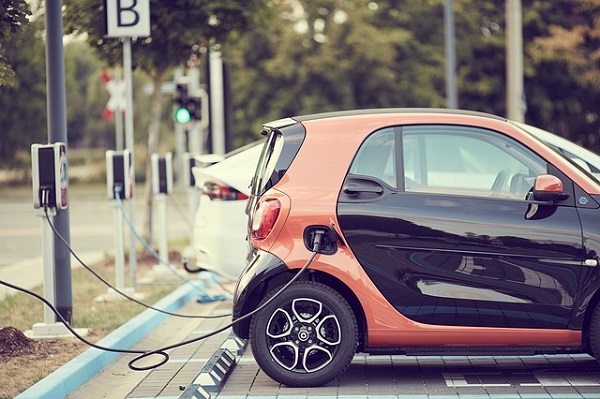 Credit: Pixabay
Credit: Pixabay
On Monday 28 July 2025, Luxembourg's Ministry of the Economy announced the co-financing of 232 new electric vehicle (EV) charging stations.
Following the sixth and final call for projects under the Law of 26 July 2022 on the aid scheme for companies investing in EV charging infrastructure, 20 applications were selected for the installation of 232 new charging stations, 124 of which will be accessible to the general public. The companies concerned will receive a subsidy of up to 50% of their investment. The total amount of aid granted by the State under this call for projects amounts to €4.3 million. The total charging capacity of the charging stations will reach 20 MW, depending on the specific needs of each company.
Since this law came into force in 2022, 154 applications have been received through six calls for projects - 132 were approved. The planned investment amounts to €64.7 million, for a charging capacity of over 111 MW. The total amount of aid granted through the calls for projects totals €23.7 million, corresponding to the co-financing of 681 publicly accessible charging stations and 1,176 privately owned charging stations. Regarding the aid scheme reserved for small and medium-sized enterprises (SMEs), which expired at the end of 2024, 164 applications were submitted, of which 120 were approved. The total investment is €5.7 million, for a charging capacity of over 11 MW. The aid granted amounts to €2.2 million, corresponding to the co-financing of 540 charging stations.
The ministry recalled that the aforementioned aid schemes are part of Luxembourg's "NextGenerationEU" recovery and resilience plan, co-financed by the European Union.
To ensure the continuity of the aforementioned aid schemes, the Chamber of Deputies (Luxembourg's parliament) adopted, on 10 July 2025, Bill No. 8474 amending the 2022 law on the aid scheme for companies investing in EV charging infrastructure. This bill aims to ensure continued public support for companies investing in charging infrastructure, while expanding this support to hydrogen refueling infrastructure, in order to contribute to the growth and advancement of sustainable mobility and thus meet national climate transition objectives.
Luxembourg's Minister of the Economy, SMEs, Energy and Tourism, Lex Delles, commented: "The electrification of the transport sector, which generates nearly two-thirds of greenhouse gas emissions in Luxembourg, represents a major challenge for our climate policy. Through this law, we are strengthening our support for companies committed to decarbonisation and further facilitating the deployment of charging infrastructure across the country. This is a decisive step towards a cleaner, more sustainable vehicle fleet and a more coherent alternative fuel infrastructure across Europe."
The law extends the current aid schemes by incorporating several adjustments, reflecting the evolution of the European legal framework governing the operation of alternative fuel infrastructure, as well as the new provisions relating to public co-financing of such infrastructure.
As such, the State will be able to launch new calls for projects, reportedly enabling Luxembourg to meet the minimum European targets for charging stations and hydrogen refuelling stations, as stipulated by the European Alternative Fuels Infrastructure Regulation (AFIR), particularly with regard to the minimum targets for charging infrastructure dedicated to heavy goods vehicles. Through this, Luxembourg will be able to contribute to the establishment of a coherent European network of charging stations and hydrogen refuelling stations, thus facilitating the cross-border decarbonisation of the transport sector.
The bill also provides for the possibility of granting aid for the deployment of mobile terminals, which can be temporarily installed on a construction site and then reassigned to another site once the work is completed.
Moreover, a new aid scheme for SMEs is being introduced until 30 September 2026 (application deadline). This provides for 50% funding for eligible costs for small businesses and 40% for medium-sized businesses for the installation of private charging infrastructure. To further simplify the procedure for SMEs, a one-month processing period has been introduced, starting from the date the aid application is complete.








